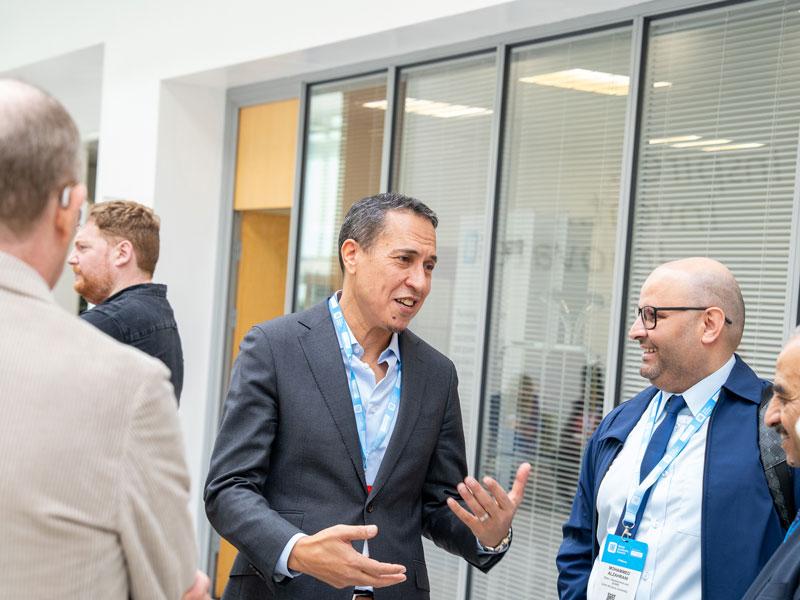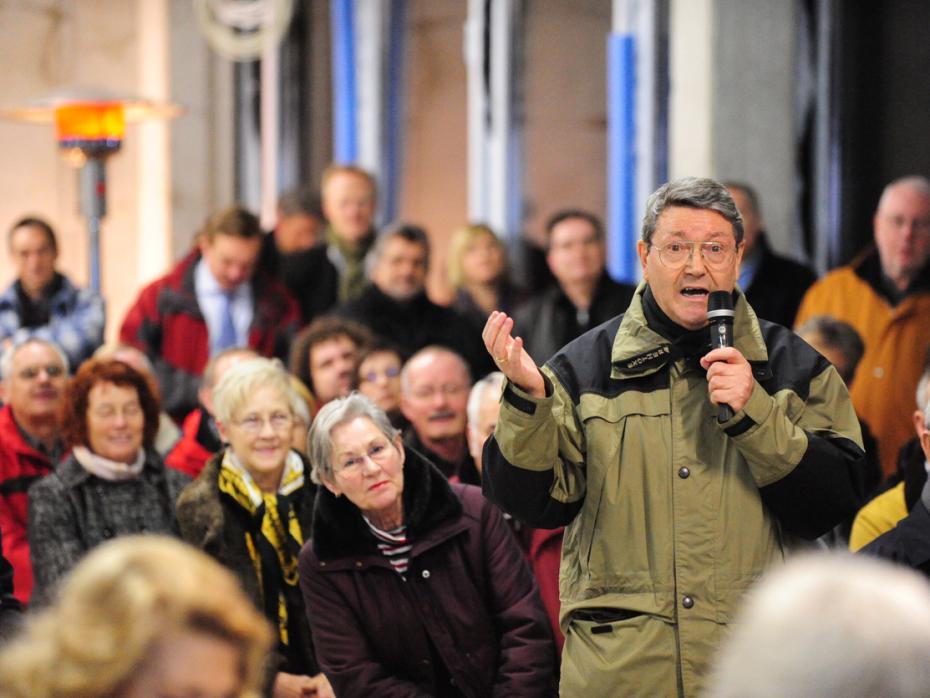Universities can be engines of regional economic growth and prosperity, but they cannot do it alone. Social impact is borne of partnerships with local government and industry. Institutions that successfully connect with the society around them and tackle the issues most important to the area are likely to have the greatest impact, according to a panel at the 2024 THE World Academic Summit.
Silvia Lenaerts, rector magnificus of the Eindhoven University of Technology, said that the role of the modern university was more than just offering top-class education and research. Institutions need to be able to apply their knowledge and technology to respond to the real-world issues facing the societies they serve. “It’s not only about pushing technology to society, it’s also about connecting with society, listening to what’s going on, what problems those people are facing and how we can jointly create solutions,” she said.
Sharing resources is a key part of the social impact equation. Eindhoven University of Technology is located in the Brainport region, which is home to 7,000 companies, attracting substantial investment for research and development. This ecosystem, in which the university offers a mutual exchange of resources with industry and government, is an example of how higher education can contribute to economic regeneration and societal progress. It is a model that brings growth to deindustrialised areas.
Similar examples can be found in the UK, as noted by Helen Turner, the director of Midlands Innovation, a partnership that fosters research collaboration among the area’s eight universities to tackle regional issues. Turner believes social impact begins when academics are inspired to solve the issues their communities face. These innovations might have been driven by problems facing communities in the Midlands, but the solutions can have an impact that resonates far beyond the region.
“Places throw up really interesting questions and challenges, and academics like solving interesting problems,” Turner said. “Whether we are looking at why we have a prevalence of a particular disease in an area or why we have poor productivity in the Midlands, these are quite interesting challenges for academics in our institutions to get their teeth into, which will have local impact but also a much wider impact.”
It is vital that universities share their success stories to bring local economic stakeholders on board. Turner said that highlighting success stories with local stakeholders creates advocates who will champion their universities and shape an environment that encourages more collaboration.
Wendy Thomson, vice-chancellor of the University of London, has made it a strategic priority to ensure that her institution serves the local population. There are many practical steps that universities can take. “I collapsed our endowment fund and turned it into a London scholarship so that we could help local people get into top-class institutions,” she said. “We’ve introduced apprenticeship schemes. We have to put ourselves out there and show that we do care.”
The panel:
- Sarah May, vice-president of academic and government relations for the UK, Elsevier (chair)
- Nick Fowler, chief academic officer, Elsevier
- Silvia Lenaerts, rector magnificus, Eindhoven University of Technology
- Wendy Thomson, vice-chancellor, University of London
- Helen Turner, director, Midlands Innovation
Find out more about Elsevier.


comment